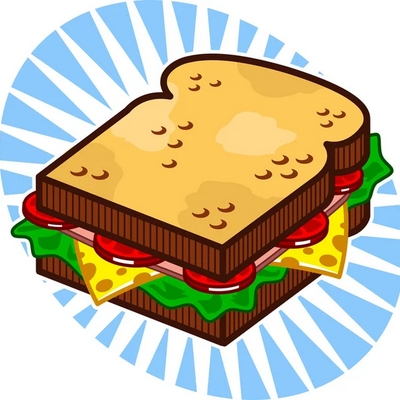And who decides it?
The specifics can be argued, (and have been, and will be). The Buddha said that evil action is rooted in greed, hatred, and delusion. He said he understood this when he saw the true nature of reality.
Kant said “Act only according to that maxim whereby you can at the same time will that it should become a universal law.” And says this is evident if you reason through things.
Moses had a great big list of rules that he said the creator of the universe told to him.
Governments establish laws based on the interests of those in power, they say to obey the law is right and to disobey is wrong and they will use violence to punish those that disobey.
These are just some examples, there are loads more including utilitarianism, virtue ethics, various other religions and customary systems.
Entirely depends on who you ask, I suppose.
Some will say the law of the country, others will say x religion and another might say something different.
deleted by creator
Left is right, Right is wrong.
Moral.
Now figure out which one :-)
Well you can start here, then spend a few decades reading and thinking about it, and get back to us when you’ve figured it out
Assuming you’re an atheist (because if not the answer is your god), the closest answer we have is the Golden Rule. Just don’t be too strict about assuming everyone is too similar to yourself when applying it.
I thought the golden rule was about threesomes?
I thought the golden rule was an average of 1.618 girls for every boy.
I guess that if we objectively knew it we would have solved morality?
We know some objective things about the physical world and still have debates about those issues.
I can confidently say that I’m always 100% right about everything
Source: Trust me bro
One of the hardest questions humans have ever asked. I can tell you though, that we decide it. Each individual ultimately chooses it for themselves. They can choose to go with what person A said, or person B, or something they came up with themselves. The choice is theirs though, this is just free will.
This is part of what makes the world so messy, because people pick different things. An extremist religious militant may pick something very different from some doctor volunteering to work in impoverished or war-torn areas.
Hashing these things out tends to come in during your later school years, since it can get really complicated in different ways sometimes, and a capable professional needs to be ready for that.
It gets calculus-levels of hard-to-figure-out sometimes though, which film, tv and games all usually ignore because it’s not fun enough. It actually sucks gigantic donkey balls, when you run into a nasty, complicated moral problem. Not fun at all, and the world is full of them.
@Dasamoolam8765 basically first you choose a criteria to use, then you work it out from there.
E.g for factual info your criteria might be that it had to be decided by scientists based on scientific principles. Or you might choose to believe things that are obvious to you based on the information from your senses.
For ethical /moral questions there are different criteria again eg
-
what an external authority (god, the law, your dad) says is right or wrong
-
what you feel in your gut is right or wrong
-
what you calculate will maximise happiness for the most people
-
what you think would be fair if everyone did it
-
what you think is natural
Etc. Different people choose different criteria.
-
I decide! And there is no rule, just my random opinion!
depends but sometimes its just properties of the universe. Like when you strip a screw you were not screwing it in right you were screwing it in wrong. When more than one conscious cognitive entities are involved then they do but they may disagree. Even an individual alone has a hard time with ethical dilema problems (like the train switch ones)
deleted by creator
They are an arbitrary value that humans assign to things and actions.











